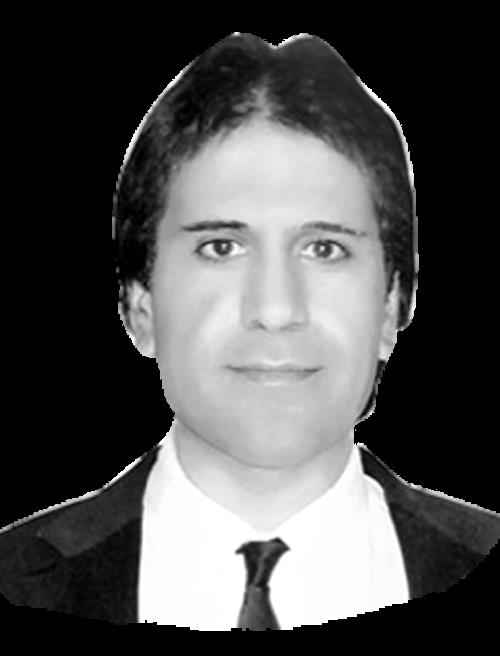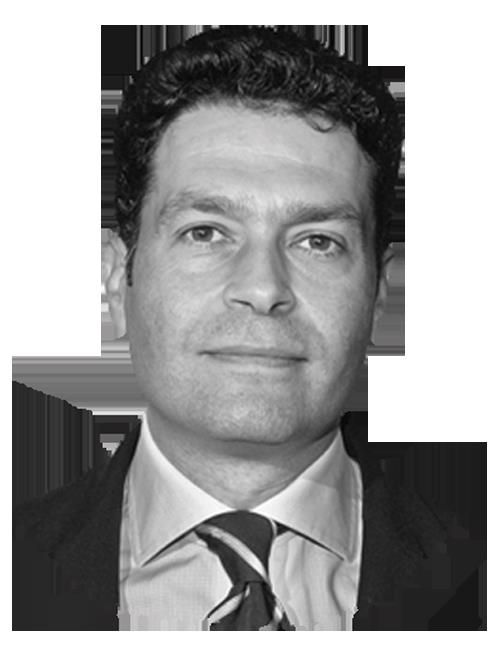
The Iranian regime’s attempts to export its revolutionary ideals and principles to other countries in the Middle East, including Syria, Lebanon, Yemen and Iraq, are well documented. But it is important to point out that this key mission of the regime is not limited to this region.
In particular, it seems that the Iranian leaders are looking at Latin America as a safe place they can relocate to in case the ongoing nationwide protests succeed in overthrowing the theocratic establishment. The Iranian regime’s officials are, in fact, in the process of obtaining passports and asylum from Latin American countries, particularly Venezuela. According to one media report last month: “Western diplomatic sources told Iran International that the regime has started negotiations with its Venezuelan allies to ensure they’d offer asylum to regime officials and their families should the situation worsen, and the possibility of a regime change increases … A delegation of four high-ranking regime officials visited Venezuela in mid-October for negotiations to ensure that the Caracas government would grant asylum to high-ranking officials and their families in case ‘the unfortunate incident’ happens.”
This development reveals that the Iranian leaders are concerned that the widespread demonstrations have the potential to endanger their hold on power. According to Iran International, a source at Tehran’s Imam Khomeini Airport told Kayhan London that three flights a day are leaving Iran to Venezuela with “a considerable amount of cargo,” adding that “these people get their suitcases out in hours, with fewer passengers and flights. This began about two weeks ago, and we see these movements about two or three times a day.”
The Iranian regime has long invested in exporting its fundamentalist ideology to Latin America. The regime’s plan to expand its influence and presence in the region dates back to the mid-1980s, after the regime was founded by late Supreme Leader Ayatollah Khomeini. The regime’s key mission is even incorporated in Iran’s constitution, which states: “The constitution provides the necessary basis for ensuring the continuation of the revolution at home and abroad. In particular, in the development of international relations, the constitution will strive with other Islamic and popular movements to prepare the way for the formation of a single world community.”
The regime’s plan to expand its influence and presence in Latin America dates back to the mid-1980s.
Dr. Majid Rafizadeh
In 2012, the Iranian regime set up a Spanish-language television station, Hispan TV, to spread its propaganda. Iran’s terror cells slowly grew in Latin America. It is worth noting that Hezbollah and Al-Mustafa International University play a key role in expanding the mullahs’ presence and ideology in Latin America. According to United Against Nuclear Iran, Al-Mustafa International University is tasked with “training the next generation of Iran’s foreign Shiite clerics, religious scholars and missionaries … It is estimated that Al-Mustafa has 40,000 foreign students enrolled at present, roughly half of whom are studying at campuses within Iran. Many Al-Mustafa graduates are selected by the Iranian regime to establish religious and cultural centers in their home countries, where they can then recruit students and inculcate loyalty to the revolution among local populations.”
Such attempts are not only seen in Latin America, but also in Europe. As United Against Nuclear Iran adds: “Al-Mustafa operates several branches in European countries, most notably the Islamic College of London. Graduates of Al-Mustafa, such as Italian cleric Abbas DiPalma, have gone on to form Iranian cultural centers in their home countries, such as the Imam Mahdi Center in Rome. Al-Mustafa has also dispatched Lebanese graduates as missionaries to Latin America, where they seek to create inroads with expat communities and proselytize among local populations.”
The regime appears to have succeeded in expanding its influence, as evidence presented at court hearings linked Tehran to the bombings in Buenos Aires of the Israeli Embassy in 1992 and a Jewish community center in 1994.
Latin American countries have become opportune places for Iranian covert intelligence operations. In 2014, the Washington-based Center for a Secure Free Society published a paper titled “Canada on Guard: Assessing the Immigration Security Threat from Iran, Venezuela and Cuba.” It stated that Venezuela granted more than 173 passports to radical Islamists. These passports could be used for travel to North America or Europe. And Nathan Sales, former coordinator for counterterrorism at the US State Department, pointed out: “We’re concerned that (Venezuelan President Nicolas) Maduro has extended safe harbor to a number of terrorist groups … (including the) supporters and sympathizers of Hezbollah.”
In conclusion, it is critical to examine and counter the Iranian regime’s efforts to export its fundamentalist ideology not only in the Middle East, but also beyond.
• Dr. Majid Rafizadeh is a Harvard-educated Iranian-American political scientist. Twitter: @Dr_Rafizadeh












